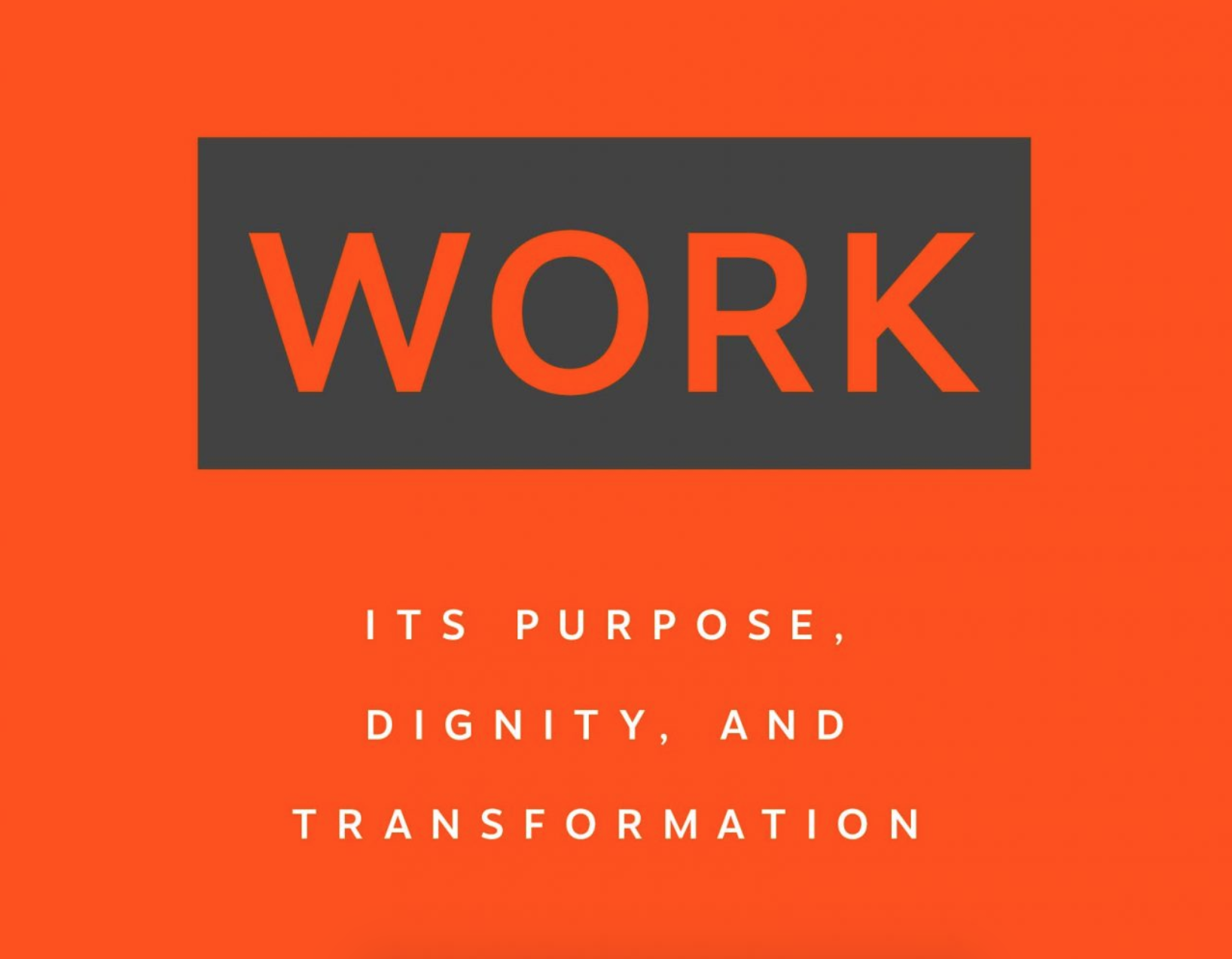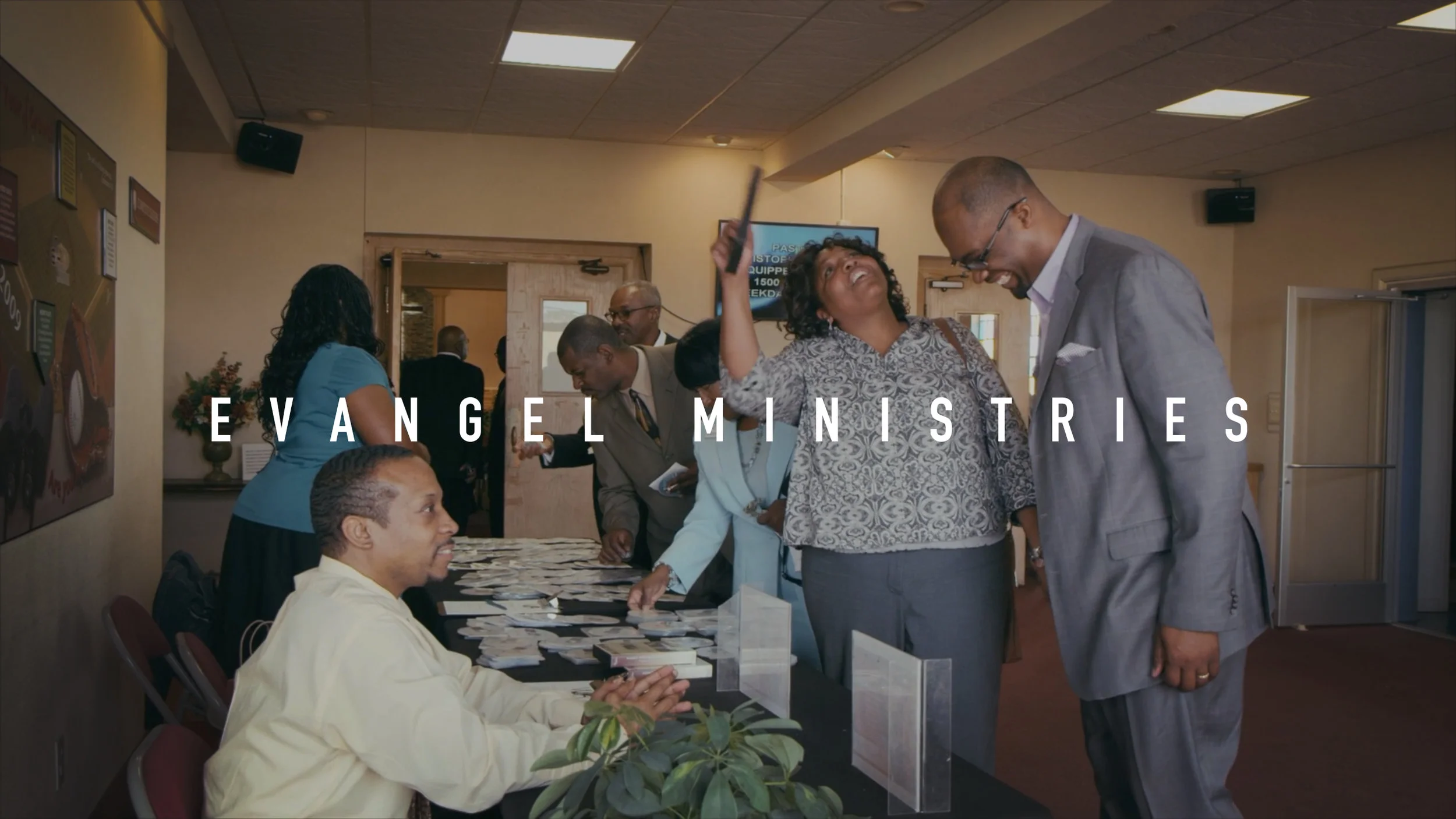How God Redeems Crushed Dreams
— by Jerome Fogel
How could the dream last only one year?
That thought troubled me. It often haunted me.
I had formally stepped down as Director of Operations and Service Pastor of a church I loved. I had come with dreams and hopes of making a difference in the church and the city of Los Angeles, something our church had done for over 30 years, and with international impact and influence.
There wasn’t a hidden reason for the resignation. No moral failure—I was happily married (and still to this day). No performance problem—my areas of responsibility were thriving.
Despite the outward success, I was weary and disoriented, like a battle-worn soldier. I was also strained. One the one hand, I was in my “dream” role; on the other hand, inside I felt like I nightmare. How did I end up here?
To answer that question, I need to provide some context.
Success was something that came naturally in some areas of my life, while it was elusive in other areas. I grew up Jewish and still to this day identify with my heritage. I’m the son and grandson of immigrants. Hard work is in my DNA. By 20, I was a well-respected academic phenom at UC Berkeley’s Haas School of Business. I loved business and entrepreneurship. At the same time, I was intrigued by law school. By age 24 I was a New York University School of Law graduate with a prestigious L.A. firm on my resume. While by all appearances I had something to be proud of, I didn’t have nearly the type of success in law school I had hoped for. And I was empty. The law may have been sophisticated and prestigious, but I wasn’t enjoying it at the time.
For the next three years, I worked in real estate finance and did well, buoyed by the boom years before the Great Recession. But when the markets dried up, so too did my success and income. I handled the adversity poorly. I was left in a world of pain, fear, and isolation that I wanted to escape from.
In the end, this turn of events was a good thing, for me at least. It brought me to the end of myself, a depraved and self-centered young man. I finally met Jesus, the true Messiah, and my life has never been the same since.
In a radical encounter at a church near where I was born, I began growing as a new human in Christ. I fell in love with the word of God, the Bible. It took some time, but I fell in love with redemption. And as God was redeeming me, I found that God gave me a gift to encourage and to teach. He also gave me unpredictable places to share this gift.
After the Great Recession I was in my own exile. I had a series of odd jobs that were humbling to a once proud, successful businessperson. But in these trying circumstances, I made the concerted effort to encourage as many co-workers as I could. And people responded positively to that. I thought, maybe this is something I could do full-time. But what would that look like?
Around the same time, I began attending Oasis Church in Los Angeles. This is when my love for the church crescendoed. If there was a group of the most gifted and loving leaders in Los Angeles, this was surely it! Leaders abounded. One pastor took me under his wing, and I became an intern. In internship, I became a better leader, and I met a beautiful woman and lover of God and people who would become my wife. I continued the passion of learning and entered into Talbot Seminary. Here, I fell in love with spiritual theology.
Then, one day, while talking to my wife about what would be next for us, I told her that while my heart was in the church and working for it had become my dream, it didn’t seem that those doors would open for me. Meanwhile, at my current job (doing business development for a world renown business school), I could retire comfortably in 30 years. And that’s right around when Oasis called.
Oasis Church, the church I loved, was looking for a Director of Operations and Service Pastor, alongside my wife who was already on staff and would be a Service Pastor with me. The dream that seemed deferred had come. It combined my passion for the word of God, the church, and theology. I felt like I had been drafted into the NFL. I had arrived.
I came to the role full of gusto, life, and ideas. But I also overworked and overfunctioned. Early in my tenure, my wife burst into my office at 10pm before we were supposed to leave for Costa Rica the next day. I was going to cancel the trip and keep working. She wisely convinced me otherwise. So, we went and had a wonderful time. And during that trip is when I read The Emotionally Healthy Leader by Pete Scazzero.
The book rocked my world. Who I was as a leader was more important than what I did. My relationship with God was more important than my work for God. I began implementing the lessons in my life and on the teams I led. I witnessed massive change in people’s lives.
As the momentum built, I was invited to speak on a Sunday at our church for a message series inspired by Scazzero’s book. And now I fell in love with preaching. This was the mountaintop. I loved the process of studying, the coaching and investment from pastors, and the experience of seeing God work in the hearts of his people on a Sunday. It was immensely gratifying.
But the moment was short lived. As the demands of my roles increased, colliding with my immature leadership, my joy declined to the point that I didn’t want to come to work anymore. The thought haunted me, If I was called to this, why did it feel this way? Are dreams supposed to be this painful?
Shortly thereafter, an executive firm reached out to me about a CEO role. That seemed very promising. Others were reaching out to me about opportunities as well. I shared this with my wife. We both prayed and sensed my time may be up in a formal role at our church. But we didn’t know why, not yet.
During the interview process for the new potential roles, I stepped down on very good terms with our church from my formal roles, while staying on informally in a lay Service Pastor role. I sensed God was leading me to help impact other organizations, while staying connected to our church. For that, I was excited.
But to my dismay, after a few months, those opportunities didn’t materialize. Did I hear incorrectly? Was I really being called by God to step down from my roles . . . what was I thinking?
Within several months without any opportunities, I was discouraged and disheartened. There was no hope in sight.
And then I had a chance encounter with an old friend seeking legal advice. It led to a little bit of work. Then it led to another referral. And another.
So, while I’m desperately seeking God and what’s next in terms of impacting organizations, I’m building a new legal practice. I find myself in the joy of entrepreneurship. And then I spend time putting together a dream team of attorneys and leaders. And now I’m having the time of my life. I’m also radically dependent upon God. And the business is growing.
After almost a year, though, I’m feeling a little burned out from wearing the hats of entrepreneur, attorney, operations director, and business developer for the law firm. But that comes at a great time. I’m still in seminary, which includes mandatory 48-hour retreats every year. While on a retreat, I’m away from the busyness and demands of life. Things are quiet. My soul begins to settle. I see some things that alarm me in my leadership, both in the church and in business. It is there that God meets me. I experience a transformational encounter with the living God. And that is where a book, The Gauntlet: Five Keys for Unlocking Success in Leadership is born.
I write in the prologue:
In the beginning of 2018, I stayed at a retreat house for several days. As the busyness and demands of normal life faded away, I began to face what was within me, journaling about my insights as I went. I saw patterns in my life and leadership that alarmed me. Something began to flow into me as I spent that time alone—words and encouragement came to me, and I can only point to God as their source. I had the thought that if I was going through this, perhaps there were others that needed this same encouragement.
This book is not something I had planned to write, at least not initially. But during that retreat, a brief outline of a fictional story came to me, and when I returned, I began furiously working on it for the first three months of the year, inspired by author Jon Gordon, who completes a book every December. The beginning of the writing process was enthusiastic inspiration. The middle of the writing process was dogged determination. And the closing of this writing process has been introspective reflection, as my own soul and imagination have rounded out the pages before you.
If only a handful of leaders are helped by what I have written, then I consider myself to have been faithful to the task before me. It is to you that I write. I pray that you are strengthened and encouraged as you read these words before you.
The Gauntlet tells the story of Jason Irving, a young, ambitious executive who steadily climbs the corporate ladder until it crumbles beneath his feet. In despair and facing the greatest leadership crisis of his life, he meets a mysterious coach for global leaders across business, sports, nonprofit, and government sectors Along the way, Jason is introduced to the five keys that unlock the potential within every person that aspires to lead successfully. While the book is purely fictional, my soul and imagination are in its pages.
And God is getting the message of the book out his way. The lead pastor of Oasis Church, Julian Lowe, wrote the foreword. Our founding pastors, Philip and Holly Wagner, wrote endorsements for the book. A week after the release, Pastor Julian called me to tell me the church was getting behind the book, including posting on social media and hosting a book signing. I was floored. This was way beyond my own doing. I saw this as God alone.
I’m also receiving early feedback of lives being impacted by the book. Seeds are being planted that will one day become trees in people’s lives. I’m now a spiritual arborist in it for the long haul.
And I’m no longer troubled, nor haunted that that my initial “dream” only lasted one year. Now I smile that it did. It made way for something richer, fuller, more impactful, and less of my own design. That, indeed, is the real dream.
——
[ Photo by Jamie Fenn on Unsplash ]









One of the hardest things many of us experience is waiting for what is next. For what’s to come. When will I get the promotion? When will I get the job? When will I get the new clients? When will this business start to take off? Why is it taking so long?